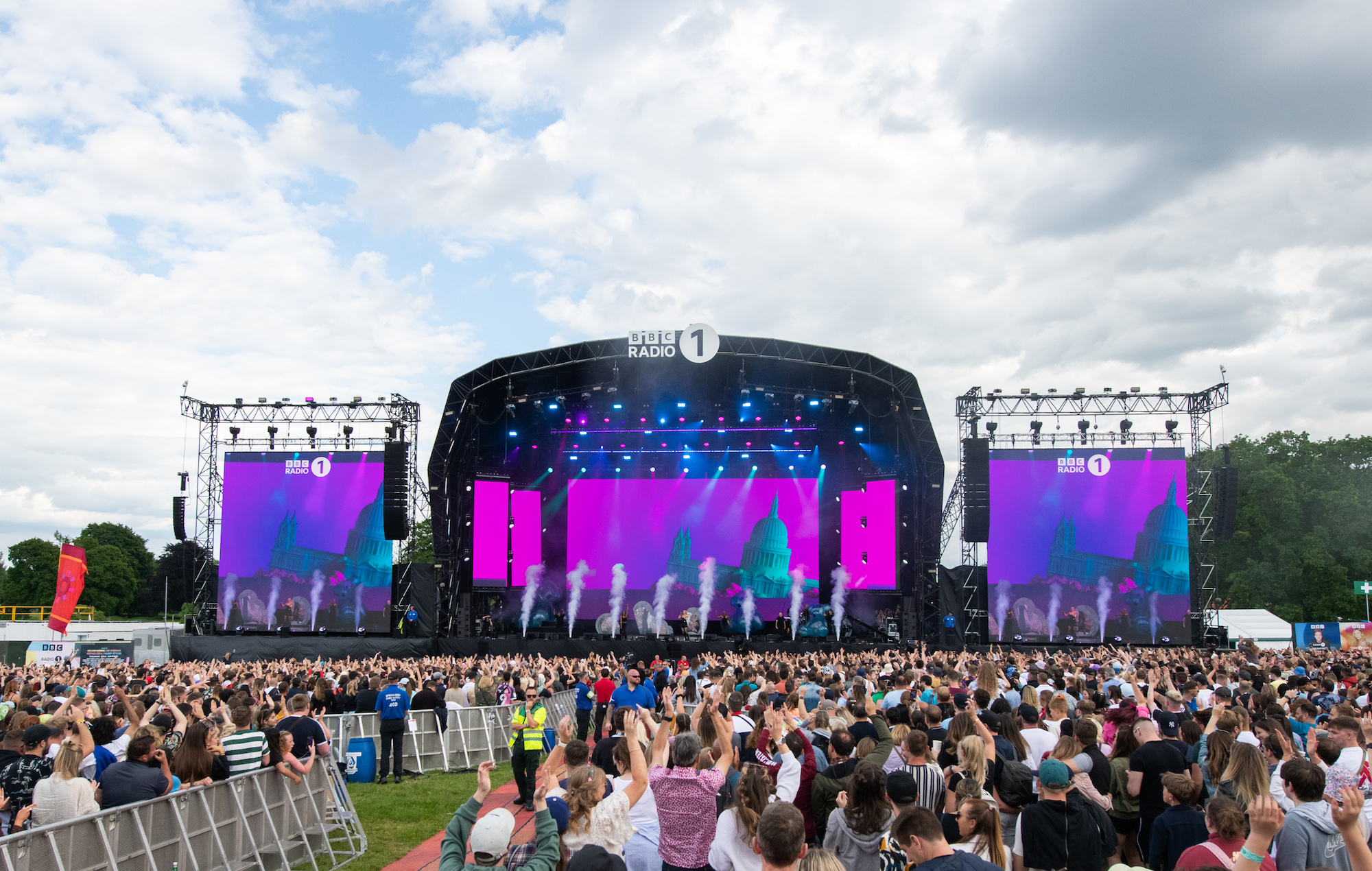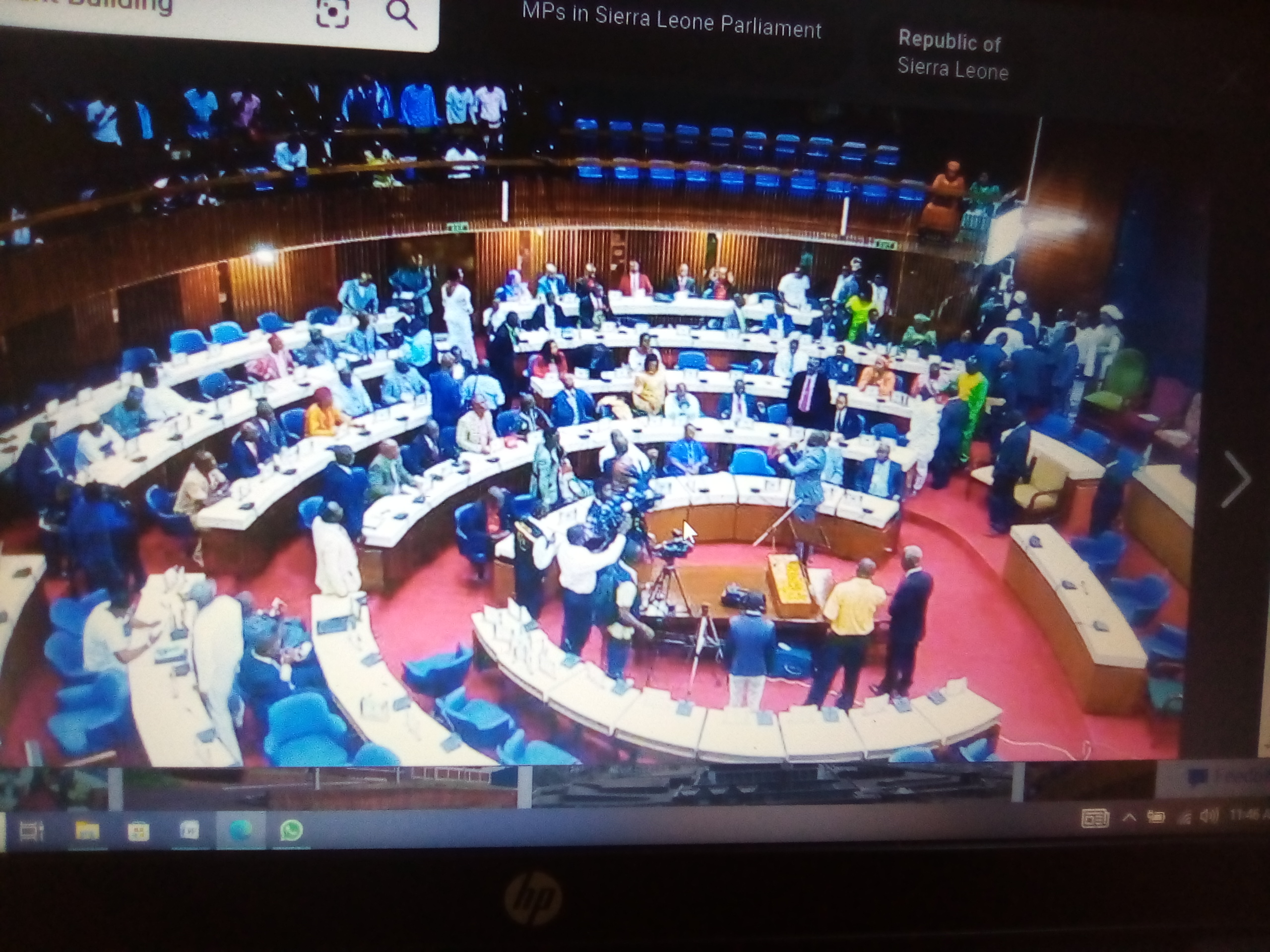Planning Your Escape To The Country: A Practical Guide

Table of Contents
Finding Your Perfect Country Escape
Choosing the right location and property is paramount when planning your escape to the country. This section will guide you through the key considerations.
Location, Location, Location
The ideal location for your country escape depends heavily on your lifestyle and priorities. Careful consideration of several factors is crucial.
- Research different rural areas: Explore various regions, comparing factors like the quality of local schools, healthcare accessibility (hospitals, doctors' surgeries), and the availability of essential shops and amenities. Don't underestimate the importance of proximity to supermarkets and other regular needs.
- Visit potential locations at different times: A charming village in summer might feel isolated in winter. Visit your potential new home at various times of day and throughout the year to truly understand its atmosphere and accessibility. Consider traffic flow if commuting is necessary.
- Commute considerations: If you need to commute to a city for work, carefully assess travel times and costs. Factor in potential traffic congestion, especially during peak hours. Consider the cost of fuel and the environmental impact of your daily commute.
- Check local council websites: Before committing, research planning permissions and any potential development opportunities or restrictions in your chosen area. This will help prevent future surprises and disappointments.
Property Type and Budget
Determining your ideal property type and establishing a realistic budget are essential steps in your country escape planning.
- Assess your needs: How much space do you require? What features are non-negotiable (e.g., a large garden, a specific number of bedrooms)? Consider future needs, especially if you plan to have a family or expand your property later.
- Mortgage pre-approval: Getting pre-approved for a mortgage before you start your property search allows you to shop within your budget. This also strengthens your position when making an offer on a property.
- Factor in renovation costs: Older properties often require renovations. Include realistic estimates for repairs, updates, and potential extensions in your overall budget. Seek advice from builders for accurate cost assessments.
- Long-term costs: Country properties often come with higher maintenance costs. Factor in potential expenses like heating, repairs, and property taxes.
Working with Real Estate Agents
Choosing the right real estate agent can significantly impact your country home search.
- Local expertise: Seek an agent with extensive knowledge of the local rural property market and a strong track record of successful sales.
- Due diligence: Read online reviews and ask for referrals from friends or family who have recently purchased rural properties.
- Clear communication: Clearly communicate your needs, preferences (property type, size, location), and budget to your agent.
- Negotiation skills: Don't hesitate to negotiate the price and terms of the sale. A good agent will advocate for your best interests.
Preparing for Country Living
Moving to the countryside involves more than just finding a property; it's about adapting to a different way of life.
Infrastructure and Utilities
Before committing, thoroughly investigate the availability and cost of essential utilities.
- Broadband availability: Reliable internet access is crucial, even in rural areas. Check availability and speeds offered by different providers. Satellite internet might be a viable option in areas with limited broadband coverage.
- Water supply and septic systems: Understand how water is supplied to your property and how waste is managed. Septic systems require regular maintenance and potential emptying costs.
- Energy costs: Rural properties can be more expensive to heat than urban homes. Consider the cost of heating oil, gas, or electricity and the property's insulation. Explore energy-efficient options to reduce costs.
- Backup power: A generator can be invaluable in rural areas prone to power outages.
Community and Social Life
Rural communities have their own unique social dynamics. It’s important to understand the social landscape before you move.
- Explore local life: Visit local pubs, farmers' markets, and community centers to get a feel for the community. Attend local events to meet people and learn about the area.
- Find your niche: Look for local clubs and societies that align with your interests (e.g., gardening clubs, hiking groups, book clubs). This is an excellent way to build relationships and integrate into your new community.
- Connect with neighbours: Reach out to neighbors before and after you move. This helps you build relationships and learn valuable local knowledge.
Practical Considerations
Daily life in the countryside presents unique practical challenges.
- Transportation: Reliable transportation is essential, especially if public transport is limited. Consider the need for a car and its associated costs.
- Healthcare access: Research local healthcare facilities, including hospitals, doctors' surgeries, and pharmacies. Consider the travel time to access these services.
- Emergency services: Understand the response times for emergency services (police, ambulance, fire). In remote areas, response times may be longer.
- Seasonal challenges: Be prepared for potential seasonal challenges like heavy snowfall, extreme heat, or flooding, and plan accordingly.
Conclusion
Planning your escape to the country is a significant undertaking, but with careful preparation and research, it can be a profoundly rewarding experience. By considering the key factors outlined in this guide – from finding the perfect property to preparing for life in a rural environment – you can increase your chances of a smooth and enjoyable transition. Start planning your escape to the country today! Don't delay your dream of country living; begin your search for the perfect rural retreat now. Remember to meticulously plan every aspect of your country life when planning your escape to the country.

Featured Posts
-
 Will A Wall Street Rebound Undermine The German Daxs Rise
May 24, 2025
Will A Wall Street Rebound Undermine The German Daxs Rise
May 24, 2025 -
 Amundi Msci World Ii Ucits Etf Usd Hedged Dist Nav Calculation And Implications
May 24, 2025
Amundi Msci World Ii Ucits Etf Usd Hedged Dist Nav Calculation And Implications
May 24, 2025 -
 Bbc Radio 1 Big Weekend Tickets Your Complete Guide
May 24, 2025
Bbc Radio 1 Big Weekend Tickets Your Complete Guide
May 24, 2025 -
 New Ferrari Flagship Facility Opens In Bangkok A Report From The Bangkok Post
May 24, 2025
New Ferrari Flagship Facility Opens In Bangkok A Report From The Bangkok Post
May 24, 2025 -
 Amundi Dow Jones Industrial Average Ucits Etf Nav Calculation And Implications
May 24, 2025
Amundi Dow Jones Industrial Average Ucits Etf Nav Calculation And Implications
May 24, 2025
Latest Posts
-
 Posthumous Honor For Alfred Dreyfus French Parliament Debates Symbolic Act Of Rehabilitation
May 24, 2025
Posthumous Honor For Alfred Dreyfus French Parliament Debates Symbolic Act Of Rehabilitation
May 24, 2025 -
 Dreyfus Affair Proposed Posthumous Promotion Highlights Frances Ongoing Reconciliation
May 24, 2025
Dreyfus Affair Proposed Posthumous Promotion Highlights Frances Ongoing Reconciliation
May 24, 2025 -
 Seeking Change Facing Punishment Navigating Reprisals For Dissent
May 24, 2025
Seeking Change Facing Punishment Navigating Reprisals For Dissent
May 24, 2025 -
 Facing Retribution The High Cost Of Challenging The Status Quo
May 24, 2025
Facing Retribution The High Cost Of Challenging The Status Quo
May 24, 2025 -
 The Perils Of Change When Seeking Improvement Leads To Punishment
May 24, 2025
The Perils Of Change When Seeking Improvement Leads To Punishment
May 24, 2025
